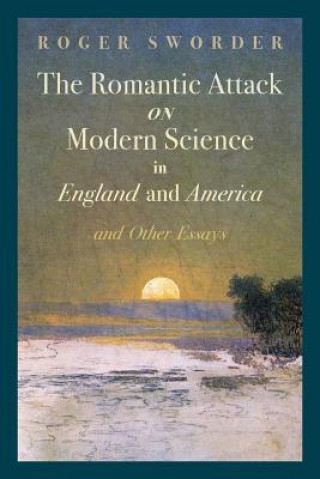
Kód: 09871824
Romantic Attack on Modern Science in England and America & Other Essays
Autor Roger Sworder
There are no sacred cows for modern scientists. Ironically, modern science has itself become a sacred cow, of which we hear very little criticism. But modern science has long been denounced by some of the wisest among us: our poet ... celý popis
- Jazyk:
 Angličtina
Angličtina - Vazba: Brožovaná
- Počet stran: 172
Nakladatelství: Angelico Press, 2015
- Více informací o knize

Mohlo by se vám také líbit
Darujte tuto knihu ještě dnes
- Objednejte knihu a zvolte Zaslat jako dárek.
- Obratem obdržíte darovací poukaz na knihu, který můžete ihned předat obdarovanému.
- Knihu zašleme na adresu obdarovaného, o nic se nestaráte.
Více informací o knize Romantic Attack on Modern Science in England and America & Other Essays
Nákupem získáte 54 bodů
 Anotace knihy
Anotace knihy
There are no sacred cows for modern scientists. Ironically, modern science has itself become a sacred cow, of which we hear very little criticism. But modern science has long been denounced by some of the wisest among us: our poets. The long essay in this book considers six of the very greatest poets of the English language since the Scientific Revolution. None of them considered as science what we now call science. Nor did they regard as philosophy what we call philosophy. This essay closely examines just how deep is this chasm at the core of our culture and our values--and it does so through some of the finest poetry in our language. Evolution, automation, and philosophical Taoism are discussed elsewhere in this book. "Most people will assume that to champion Romanticism against modern Science is to exalt subjectivism over objectivity, the irrational over the rational, and vagueness over precision. Robert Sworder, however, demonstrates that subjective experience--the universal existence of which is an objective fact--is simply another approach, with its own laws and methodology, to objective truth. He shows how the true representation of qualitative experience requires as high a degree of precision as an operation in mathematics, and how the laws of logic do not mysteriously become invalid as soon as they no longer have quantitative data to work upon. If the physicists could grasp the Romanticism the author writes about (and from), they would not so easily embrace metaphysical absurdity. Data without context is an assault on the human form; Roger Sworder clearly defines one of the necessary contexts without which our humanity is in peril."--Charles Upton, co-author of Shadow of the Rose: The Esoterism of the Romantic Tradition Roger Sworder graduated Master of Arts from the University of Oxford, taking his degree in the study of Classical Philosophy and History. He undertook doctoral studies at the Australian National University with a thesis on Plato's theory of knowledge. His first book, Mining, Metallurgy and the Meaning of Life, examines the consecration and, more recently, the desecration of these crafts in Western history. Other publications include Science and Religion in Ancient Greece: Homer on Immortality & Parmenides at Delphi, A Contrary History of the West, and Mathematical Plato, all published by Sophia Perennis and Angelico Press. He has also published a book of poems, Stop, Don't Read, with Connor Court Publishing. Sworder has retired as lecturer in the Department of Arts at LaTrobe University, Bendigo, where he was a member of a team which provided one of the few courses in traditional studies in the West.
 Parametry knihy
Parametry knihy
Zařazení knihy Knihy v angličtině Humanities Religion & beliefs Religion: general
537 Kč
- Plný název: Romantic Attack on Modern Science in England and America & Other Essays
- Autor: Roger Sworder
- Jazyk:
 Angličtina
Angličtina - Vazba: Brožovaná
- Počet stran: 172
- EAN: 9781621381471
- ISBN: 9781621381471
- ID: 09871824
- Nakladatelství: Angelico Press
- Hmotnost: 274 g
- Rozměry: 154 × 228 × 11 mm
- Datum vydání: 31. August 2015
Oblíbené z jiného soudku
-
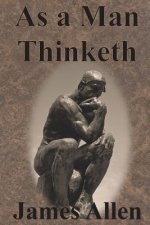
As a Man Thinketh
180 Kč -
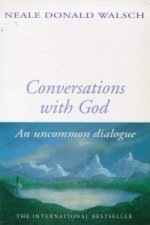
Conversations With God
316 Kč -
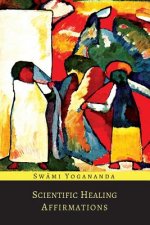
Scientific Healing Affirmations
173 Kč -
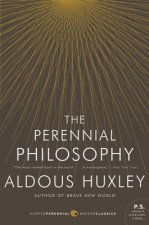
The Perennial Philosophy
350 Kč -
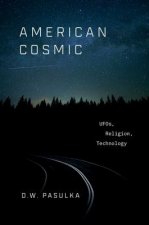
American Cosmic
543 Kč -
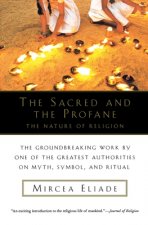
Sacred and the Profane
350 Kč -

Good Morning, Holy Spirit
410 Kč -

In the Face of the Absolute
493 Kč -

Personal Identity and Applied Ethics
1430 Kč -

God And The Afterlife
390 Kč -
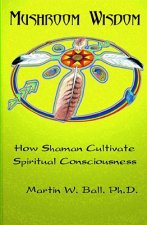
Mushroom Wisdom
457 Kč -

Apologies of Justin Martyr
554 Kč -
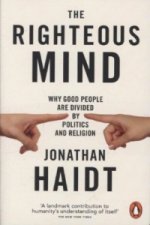
The Righteous Mind
357 Kč -
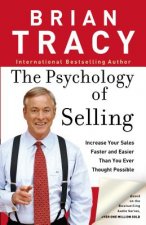
The Psychology of Selling
382 Kč -

Screwtape Letters
276 Kč -
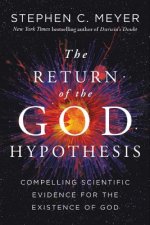
Return of the God Hypothesis
594 Kč -
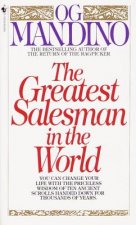
The Greatest Salesman in the World
206 Kč -
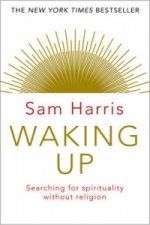
Waking Up
306 Kč -

Holy Bible
909 Kč -
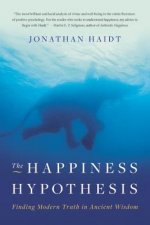
The Happiness Hypothesis: Finding Modern Truth in Ancient Wisdom
392 Kč -
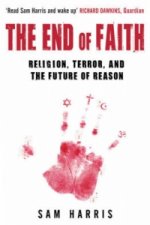
End of Faith
265 Kč -
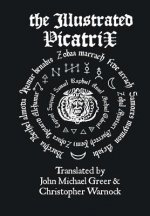
Illustrated Picatrix: the Complete Occult Classic of Astrological Magic
1486 Kč -
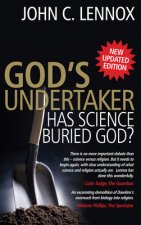
God's Undertaker
303 Kč -

Koran
515 Kč -
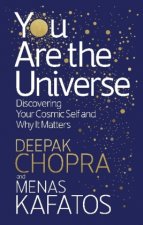
You Are the Universe
383 Kč -

Secular Age
614 Kč -

Princess Majestic Bible Tabs
166 Kč -
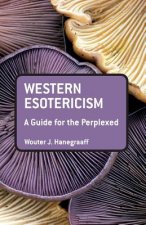
Western Esotericism: A Guide for the Perplexed
860 Kč -
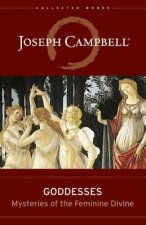
Goddesses
571 Kč -
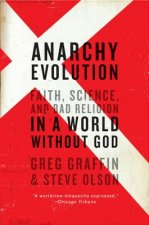
Anarchy Evolution
357 Kč -

History of Christianity
514 Kč -
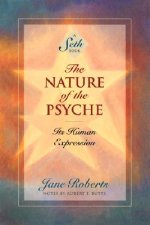
Nature of the Psyche
443 Kč -
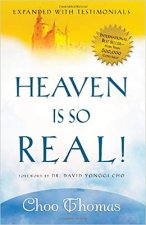
Heaven is So Real
315 Kč -

Religions Book
545 Kč -

Mohammed
536 Kč -
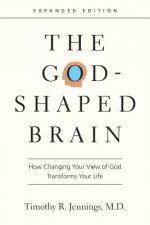
God-Shaped Brain
401 Kč -
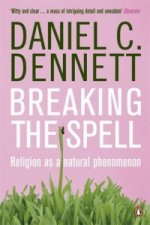
Breaking the Spell
358 Kč -
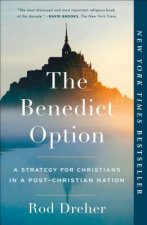
Benedict Option
383 Kč -
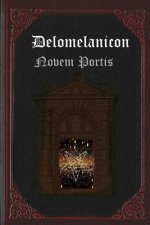
Delomelanicon
901 Kč -
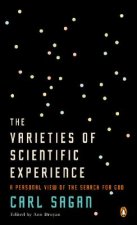
Varieties of Scientific Experience
500 Kč -
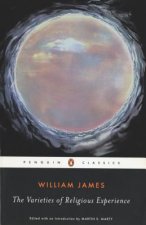
Varieties of Religious Experience
338 Kč -
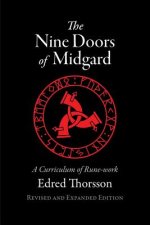
Nine Doors of Midgard
613 Kč -
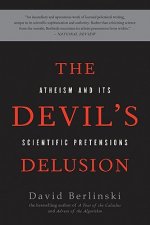
Devil's Delusion
503 Kč -
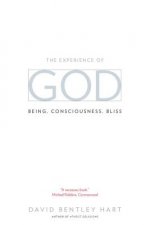
Experience of God
444 Kč -

Sekhem Apep
593 Kč -
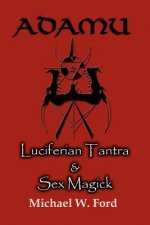
ADAMU - Luciferian Tantra and Sex Magick
492 Kč -
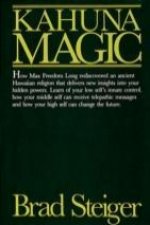
Kahuna Magic
275 Kč -
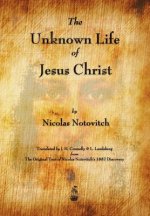
Unknown Life of Jesus Christ
230 Kč -
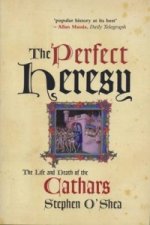
Perfect Heresy
330 Kč
Osobní odběr Praha, Brno a 12903 dalších
Copyright ©2008-24 nejlevnejsi-knihy.cz Všechna práva vyhrazenaSoukromíCookies





 Vrácení do měsíce
Vrácení do měsíce 571 999 099 (8-15.30h)
571 999 099 (8-15.30h)